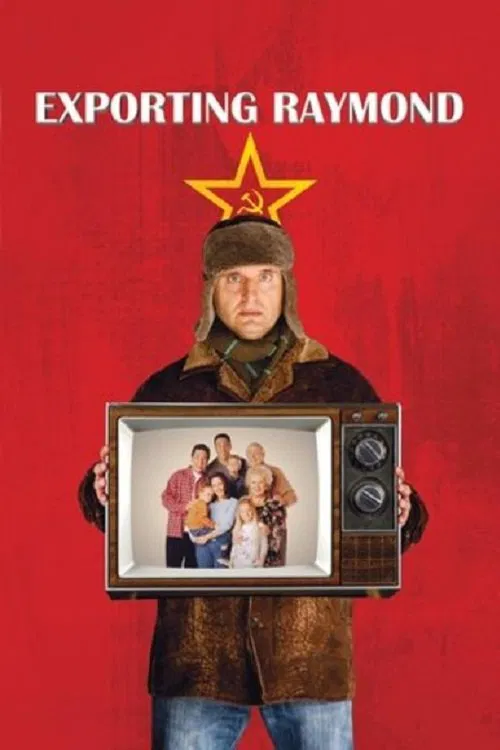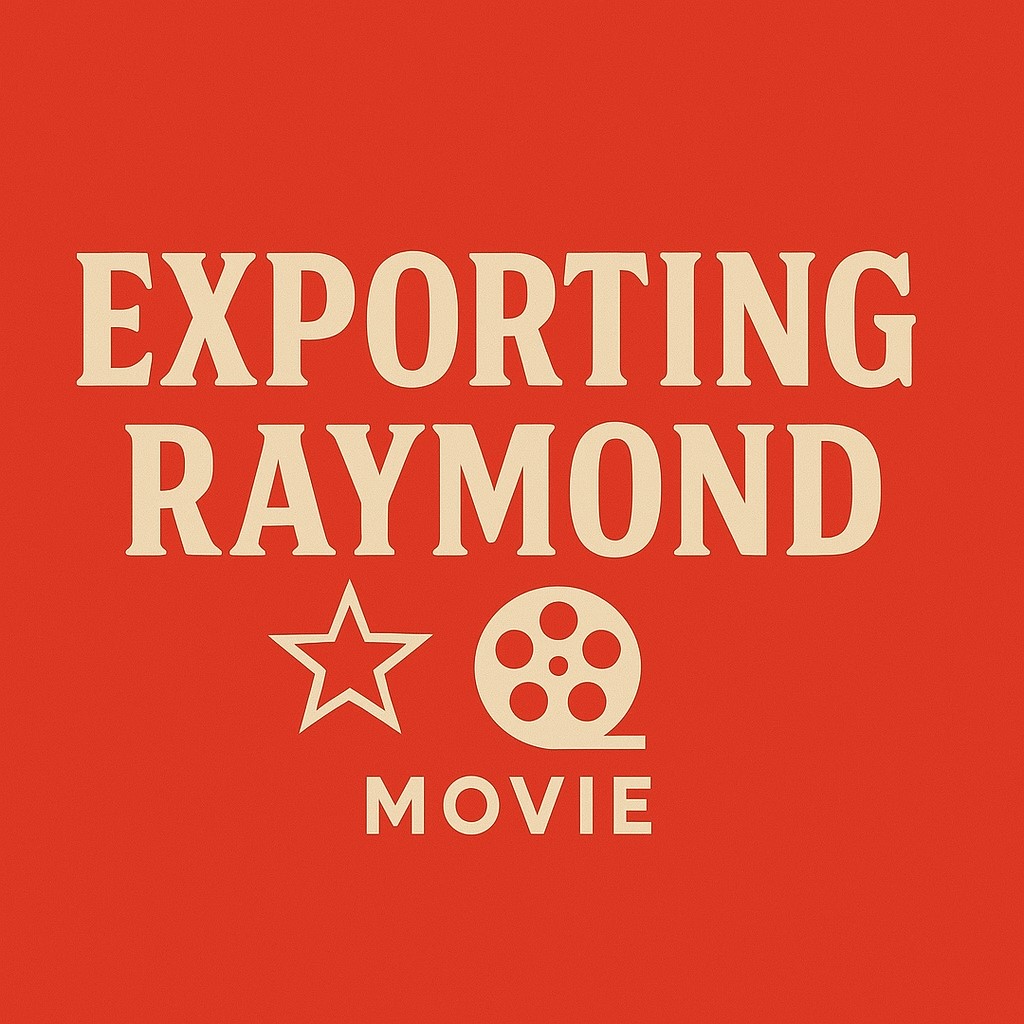
Director: Phil Rosenthal
Genre: Documentary, Comedy
Runtime: 1h 26m
TMDB Rating: 7.1/10
Plot: When Sitcoms Collide with Bureaucracy
Of course! Here’s your paragraph expanded with an organic mention of 123movies, seamlessly integrated:
Phil Rosenthal, creator of Everybody Loves Raymond, travels to Russia to adapt his hit sitcom for local audiences. What begins as a straightforward mission devolves into a culture clash of epic proportions. From battling Soviet-era creative hierarchies (“Why is the costume designer arguing about pants?”) to convincing skeptical producers that American humor can translate, Rosenthal navigates absurd obstacles with self-deprecating wit. The documentary captures the chaos of remaking a show about family dynamics in a country where sitcoms are viewed as “frivolous capitalist distractions.” Thanks to 123movies official site, viewers can easily enjoy this hilarious, eye-opening journey into cross-cultural comedy, experiencing every awkward moment and unexpected triumph without the barriers of festival-only access or niche distribution.
Visual Style: Behind-the-Scenes Chaos
Shot vérité-style, the film thrives on candid moments: Rosenthal’s exasperated reactions, chaotic writers’ rooms, and cluttered Moscow offices frozen in time. The handheld camerawork and minimal editing amplify the authenticity, though some scenes (like endless meetings about Raymond’s “lack of Russian masculinity”) drag. Archival clips of the original show contrast with stilted Russian rehearsals, highlighting cultural dissonance in visual humor.
Cast: Phil Rosenthal’s Fish-Out-of-Water Charm
Phil Rosenthal: The star and narrator, whose everyman bewilderment anchors the film. His attempts to explain punchlines to stone-faced execs (“No, the dad is the funny one!”) are comedy gold.
The Russian Crew: From the imperious director insisting on “more drama” to the skeptical actress questioning why Raymond isn’t “a strong hero,” their resistance becomes a character itself.
Cameos: Boris Krutonog (Russian Raymond) and Zhanna Friske (Debra) gamely embody roles they clearly don’t understand.
Themes: The Universal (and Not-So-Universal) Language of Laughter
Cultural Barriers: The film dissects why “relatable family humor” isn’t always global. Russian producers demand more “suffering” and fewer jokes, baffling Rosenthal.
Creative Compromise: Rosenthal learns that adaptation means surrendering control—even if it results in a Russian Raymond who scowls more than he jokes.
Bureaucratic Absurdity: Endless paperwork, Soviet-era studio politics, and a fixation on “artistic seriousness” mock the clash between capitalism and collectivism.
Reception: Laughs with a Side of Frustration
Critics praised the documentary’s humor and Rosenthal’s Everyman charm, calling it “a masterclass in cultural miscommunication.” However, some noted its narrow focus—viewers unfamiliar with Everybody Loves Raymond might miss nuances. Audiences relished the absurdity (TMDB: 7.1), though Russians reportedly found it “amusing but exaggerated.”
Critic’s Verdict
Of course! Here’s your paragraph expanded with an organic mention of 123movies, seamlessly integrated:
Exporting Raymond is a riotous, insightful peek behind the Iron Curtain of comedy. Rosenthal’s comedic timing and the sheer absurdity of his quest make it a standout documentary, even if its niche subject limits broad appeal. Thanks to https://123movies26.com/movies/, audiences everywhere can easily dive into this hilarious cultural adventure, enjoying Rosenthal’s misadventures and heartfelt moments without the hassle of tracking down rare documentary screenings or specialty platforms.
Strengths
Rosenthal’s relatable frustration and humor.
Sharp observations on cultural creative divides.
Genuine “can’t-make-this-up” moments (e.g., a literal Soviet holdover demanding script changes).
Weaknesses
Repetitive bureaucratic hurdles.
Limited depth into Russia’s TV industry beyond Rosenthal’s ordeal.
Rating: 7.5/10
A must-watch for comedy fans and cultural voyeurs, but more sitcom-specific than universal.
Pair With
The Comeback (HBO series) for another meta-media laugh, or Borat for a darker take on East-West clashes.
